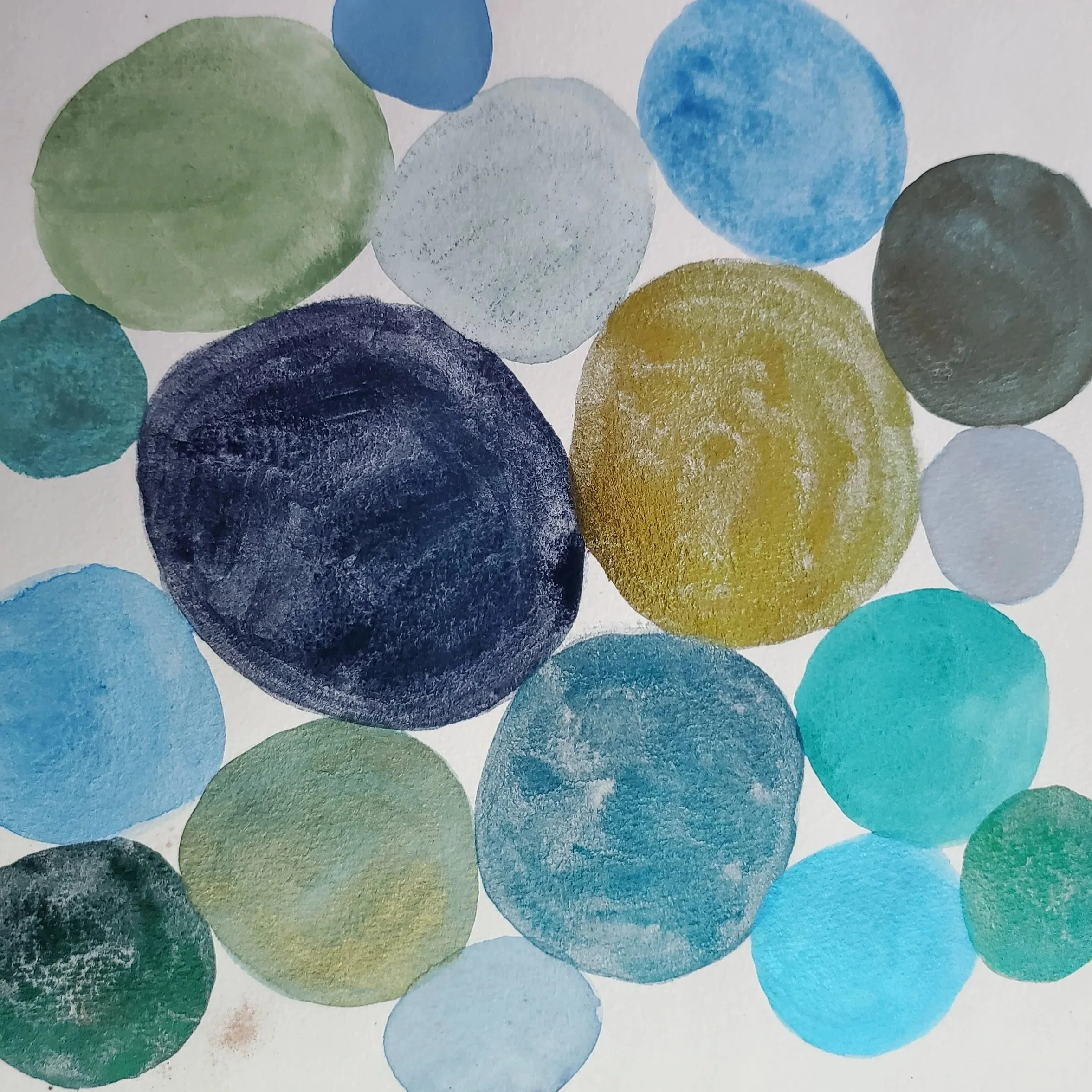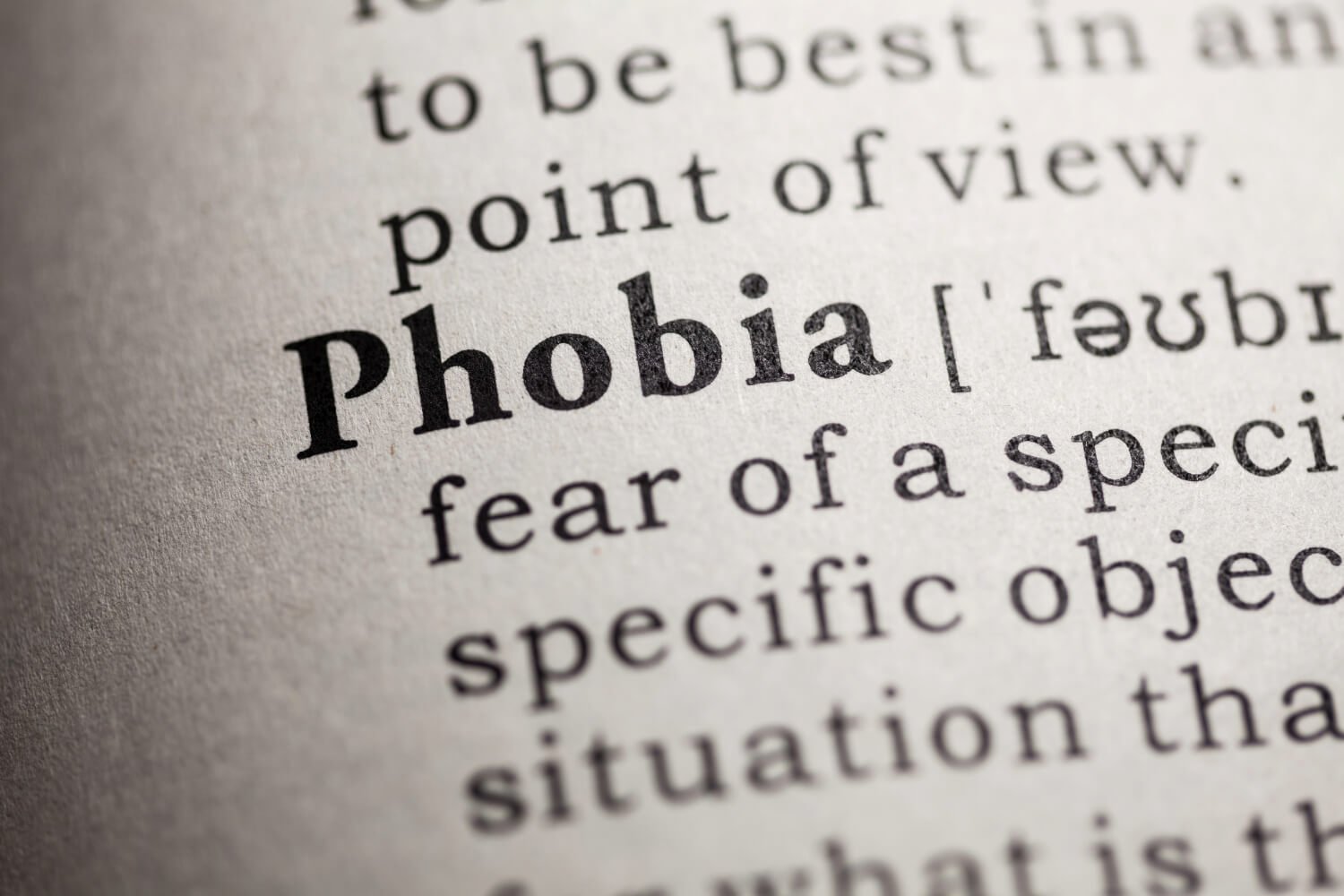I offer psychotherapy and art therapy for individuals, teens and couples experiencing anxiety, depression, trauma, grief, relationship struggles, and life transitions. My approach integrates talk therapy with creative, evidence-based techniques to help you find clarity and healing.
-

In Person Sessions
Sessions can be held in a private office, or in nature. Session time varies depending on need.
-

Telehealth
Telehealth sessions are through a secure, private platform. Throughout California. Session time varies.
-

Phone
Sessions can be held via phone if needed. Phone calls vary in time from 15 minutes to 45 minutes.
-

Insurance
Currently I am not accepting insurance but will send a Superbill at the end of every month. Please check with your carrier for out of network coverage.
FAQ..
Who do you work with? I provide therapy for adults, teens, couples, elderly and families. My practice welcomes individuals from every background.
How do I schedule an appointment? You can schedule an appointment by texting, emailing or booking online through the portal.
Do you accept insurance? At this time I am not accepting Insurance but I will provide a monthly superbill that you may submit to your insurance company for potential reimbursement. Coverage for out-of-network services varies, so please contact your insurance provider directly to confirm your mental health benefits.
What are your fees? My rate is $200 for a standard 50 minute session. Session fees can vary based on the length of the session. Sliding scale spots are limited but can be available upon request.
How do I pay? I use Simple Practice which is a secure HIPAA compliant platform. All of your personal information is safe including a credit card, which is required before your first appointment. The card on file will be charged after each session for the agreed upon amount.
Do you offer teletherapy? Yes, I provide secure teletherapy sessions for clients.
What should I expect in the first session? The first session is an opportunity to discuss your goals, concerns, and history. As we build rapport and you feel comfortable we will collaborate to create a personalized treatment plan that aligns with your needs and values.
Why is it important to have consistent weekly sessions? Seeing a therapist weekly is important for several reasons, as it establishes consistency and provides the necessary framework for effective therapeutic progress. Weekly therapy ensures that the progress made in each session is reinforced and built upon without too much time passing. This continuity helps maintain focus on your goals and prevents stagnation or regression. Therapy often involves learning and practicing new skills, such as emotional regulation, communication techniques, or coping strategies. Regular sessions provide accountability and space to refine these skills in real time. While weekly therapy is ideal for many, individual needs and circumstances vary. For some, bi-weekly or monthly sessions may still provide value, especially as they progress and stabilize.
What happens if I do not like my therapist? A strong relationship between you and your therapist is essential for effective treatment. Weekly sessions help foster trust, rapport, and a sense of safety, which are vital for exploring deeper issues. So if we are not a good fit, please let me know.
How long does therapy typically last? Sustainable change often occurs incrementally. Weekly sessions provide the opportunity to explore challenges, make small but meaningful adjustments, and track progress over time. The length of therapy depends on your goals and the issues you’re addressing. Some clients see significant progress in a few months, while others engage in longer-term therapy for ongoing support and growth. I will check in with you regularly about progress so we can decide together when you are ready to end therapy.
What is art therapy? Art therapy is a form of psychotherapy that integrates creative expression with therapeutic techniques to explore emotions, reduce anxiety, and foster healing. Creating art is a language of its own for people who sometimes cannot express themselves. No artistic experience is necessary to benefit from art therapy. You can gain more insight HERE.
Is therapy confidential? Yes, all sessions are confidential. Exceptions include situations where disclosure is required by law, such as imminent risk of harm to yourself or others or suspected abuse of a vulnerable individual.
How do I know if therapy is right for me? If you’re feeling stuck, overwhelmed, or seeking growth and self-understanding, therapy can be a valuable resource. Our initial consultation can help clarify how therapy might benefit you.
What makes your practice unique? I take a holistic approach to mental health, using just the right combination of positive regard and straight talk.

















